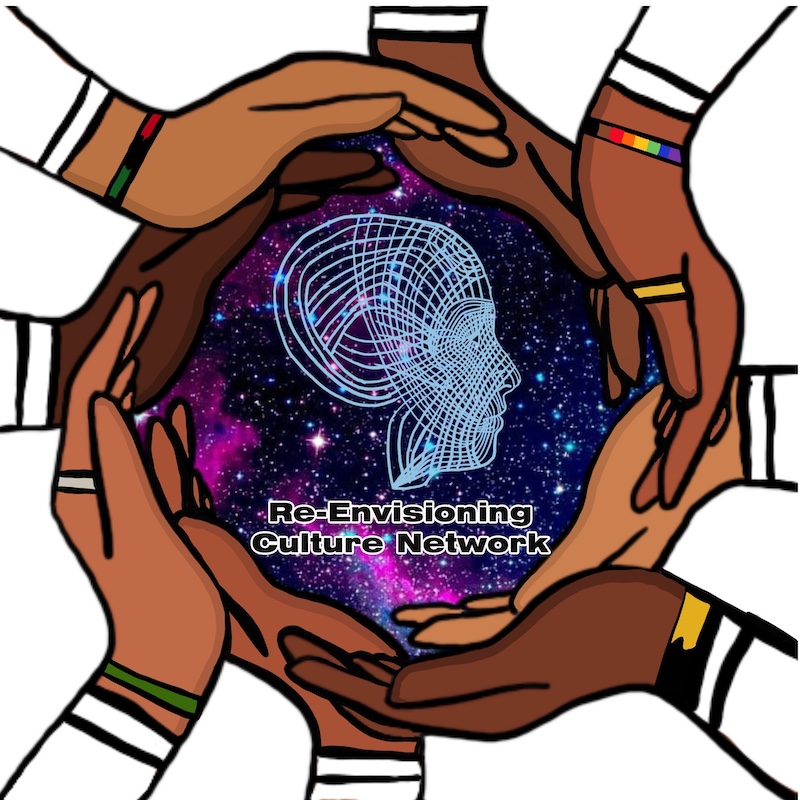REC Network - Deepening and Expanding the Mission and Outcomes of the Re-Envisioning Culture Network (RCN-UBE Introduction)
Author(s): Terrell R Morton1, Gail Hollowell2, Checo Rorie3, Ruth Kaggwa4
1. University of Illinois Chicago 2. North Carolina Central University 3. North Carolina A&T State University 4. Donald Danforth Plant Science Center
1791 total view(s), 194 download(s)
Description

People who identify as Black are disproportionately underrepresented in the number of undergraduate degrees awarded in the biological sciences. This has implications for scientific innovations as it specifically relates to Black people within the United States. This project thus strives to address challenges with retaining and matriculating Black students in the biological sciences by focusing on transforming the culture and context of undergraduate biology teaching and learning. The work builds significantly on the existing Re-Envisioning Culture Network through expanding membership, development of the teaching and mentoring resources, fostering think-tanks to promote continued investigations into innovative approaches, and supporting newly formed collaborations that advance the network goals.
Existing attempts to address the challenge with retaining and matriculating Black students in undergraduate STEM education often propose solutions that focus on either student or faculty development. While beneficial with helping Black students obtain specific resources and opportunities, endeavors focused on student development often fail to address structural and systemic forms of oppression that both explicitly and implicitly impact Black students’ holistic well-being and, thus their success.
Though faculty development endeavors focus on interpersonal and professional development that support inclusive or justice-oriented teaching and mentoring, these endeavors often fail to provide tangible resources and sustained infrastructure to ensure faculty members’ successful implementation of said strategies within their classroom spaces. In recognizing these challenges and their implications for Black science learners and the Black community writ large, this project seeks to implement a new approach that strives to transform the culture and context of undergraduate biology education by situating biology teaching and learning within critical, strengths-based frameworks of Blackness.
Leveraging critical, strengths-based frameworks of Blackness to create undergraduate biology curricula, lessons, assessments, and teaching resources presents the opportunity to implement and examine the impact that science content, classroom ethos, and pedagogical praxes have on Black students’ success. This project will further investigate innovative ways to address challenges with retaining and matriculating Black students by hosting annual think tanks and community strategizing endeavors.
Lastly, this project will facilitate the formation of new networks and collaborative endeavors that advance research and teaching focused on centering Blackness onto-epistemologies within science, technology, engineering, and mathematics teaching and learning.
Ways to learn more:
- Alexis E Hunter, Michele Williams, Terrell R Morton, Imari Deon Bramlett, Auden Conyers (2020). Re-Envisioning Culture Network: A Syllabus Guide. REC Network, (Version 2.0). QUBES Educational Resources. doi:10.25334/3RWM-XE77
- REC Network QUBES Collection Page
- This AERA presentation outlines how the REC Network is being positioned within a broader research plan of facilitating STEM learning spaces that embrace and build upon Blackness from a critical, strengths-based perspective.
Ways to get involved:
- Join the REC Network QUBES Group
- Follow REC Network on Twitter
If you are interested in learning more and participating please join this group or email Terrell Morton.
Cite this work
Researchers should cite this work as follows:
- Morton, T. R., Hollowell, G., Rorie, C., Kaggwa, R. (2023). REC Network - Deepening and Expanding the Mission and Outcomes of the Re-Envisioning Culture Network (RCN-UBE Introduction). RCN-UBE Community, QUBES Educational Resources. doi:10.25334/YREV-GW40

 RCN-UBE #2217343
RCN-UBE #2217343